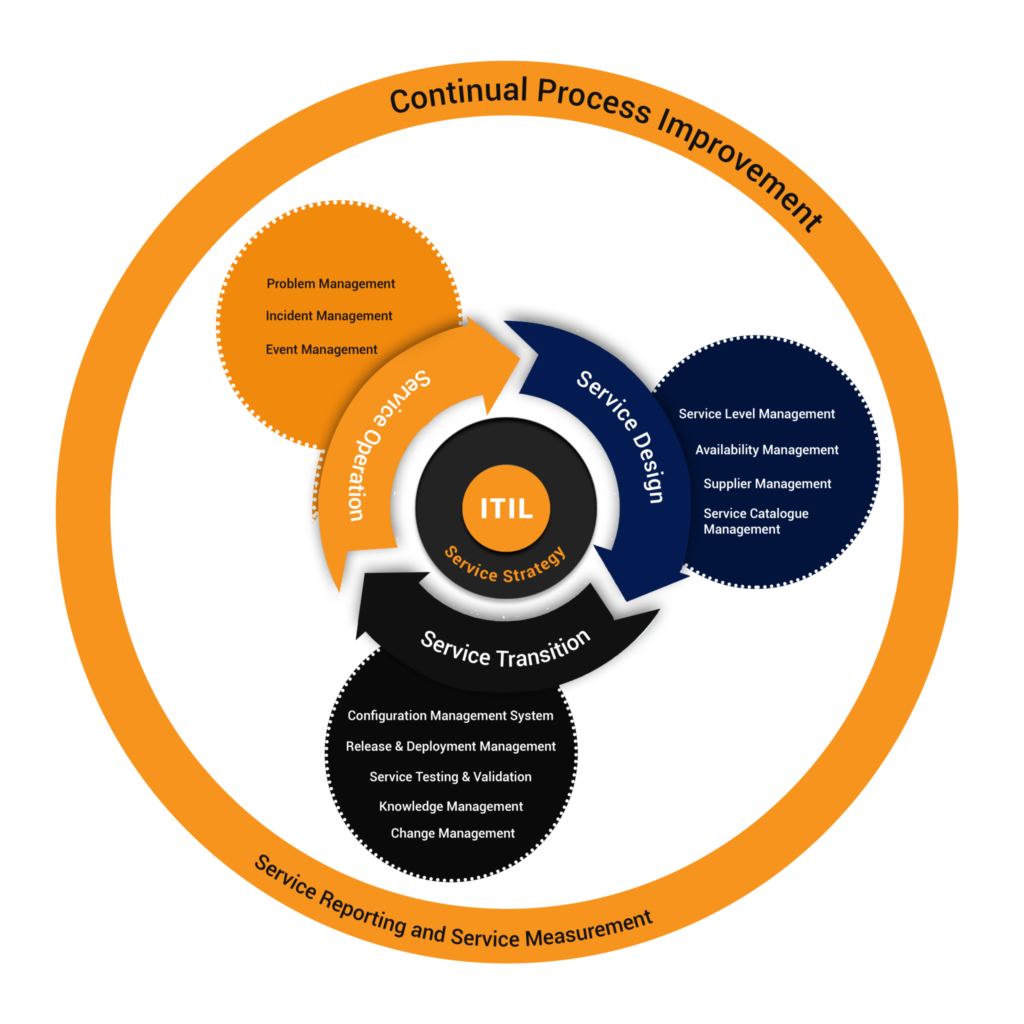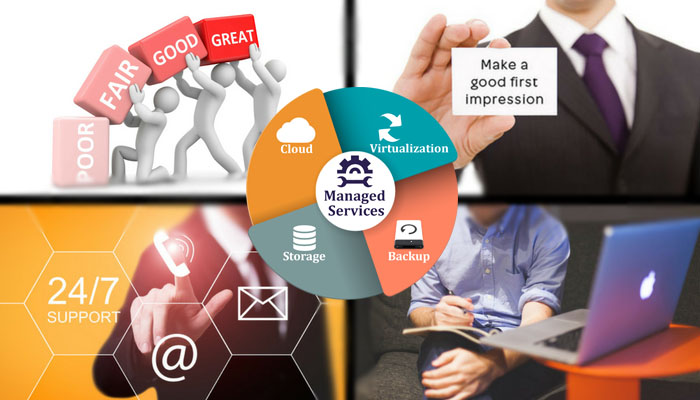Whenever you enter a new market, we can analyze new factors that will impact functional design of your ecommerce software: legal regulations, strengths and weaknesses of your market competitors, and consumer behavior.
Our goal is to save you from the inevitable growth of ownership cost and complexity that comes with a wrong platform choice. For that, we consider your long-term goals, define the essential platform criteria for your specific business and shortlist the best-suited options.
You will get a realistic picture of implementation pace, as we will outline all the work that must be done to your ecommerce software, and provide you with time and cost estimates. Read more on https://www.scnsoft.com/ecommerce/services/consulting
We will conduct a holistic and unbiased review of your customer-facing ecommerce application and suggest improvements to the aspects impacting customer experience, including visual interface, user convenience, app performance, and more.
We fix operational flaws in the processes that stay behind your ecommerce storefront and still have a huge effect on customer experience. One of our key expertise areas is supply chain – with smart digital solutions, we raise the efficiency of each supply chain step, from procurement planning to order fulfillment.
Our solid experience in ecommerce development ensures that we know software for online retail from the inside and can get to the roots and fix the most complicated, long-lasting and annoying issues.


Projects Delivered across industries including Retail, F&B, Grocery, Telecom, Lifestyle, Manufacturing, etc.

Ecommerce management services are critical to ensure that your ecommerce website showcases a consistently efficient performance while maintaining the road towards profitability.
With the advent of the internet and IoT, customers expect you to be available “24*7” which in turn entails a “ 0 system downtime”. This requires constant monitoring and predictive maintenance of all the software, hardware, integrations, and other functional blocks of your ecommerce store.
As an ecommerce store owner or a scaling enterprise, you need a dedicated team who can handle 24*7 management of your ecommerce & IT assets and processes. This is where an experienced ecommerce managed services provider comes into the picture.
In the context of ecommerce management services, IT support services play a key role in ensuring a hassle-free and smooth usage of technology assets, products or services. IT tech support offers relevant guidance to the users of these products or services through multiple mediums and tools. This can include phone, chatbots/live chats, email, video calls, message boards or even dedicated SaaS software for IT tech support such as Freshdesk, Freshchat and more. IT managed services/ IT support team follows standard procedures and escalation levels for efficient and rapid issue resolution, identified as L1, L2 and L3
Also known as the first line of support, L1 support involves interacting with customers via emails, chats, phones, identifying the issue, and raising tickets. At this level, basic troubleshooting is handled including app installation/uninstallation. L1 support services also include ticket management, call routing, escalation and service-level reporting.
Issues and grievances that require more technical expertise and guidance /are more complex and cannot be managed at L1 and are escalated to L2 tech levels. L2 tech support can include advanced troubleshooting that needs server back-end access, Configuration Management, and Incident Analysis/Trending – among others.
L3 is the last line of IT tech support and usually consists of experienced system admins, and DevOps engineers who are proficient in troubleshooting highly complicated issues pertaining to applications, servers, cloud, networks, data centers.
© 2026, Developed with 